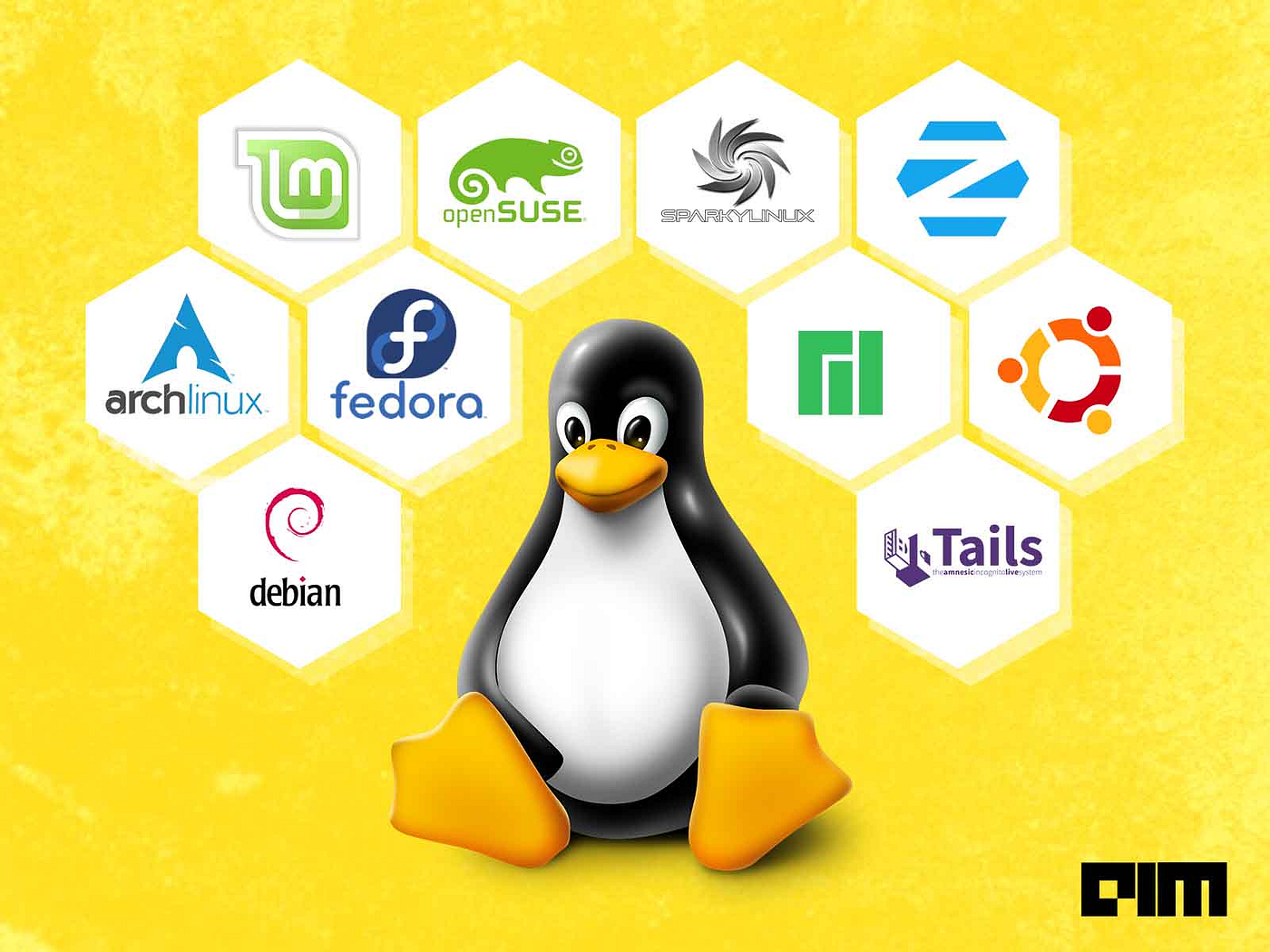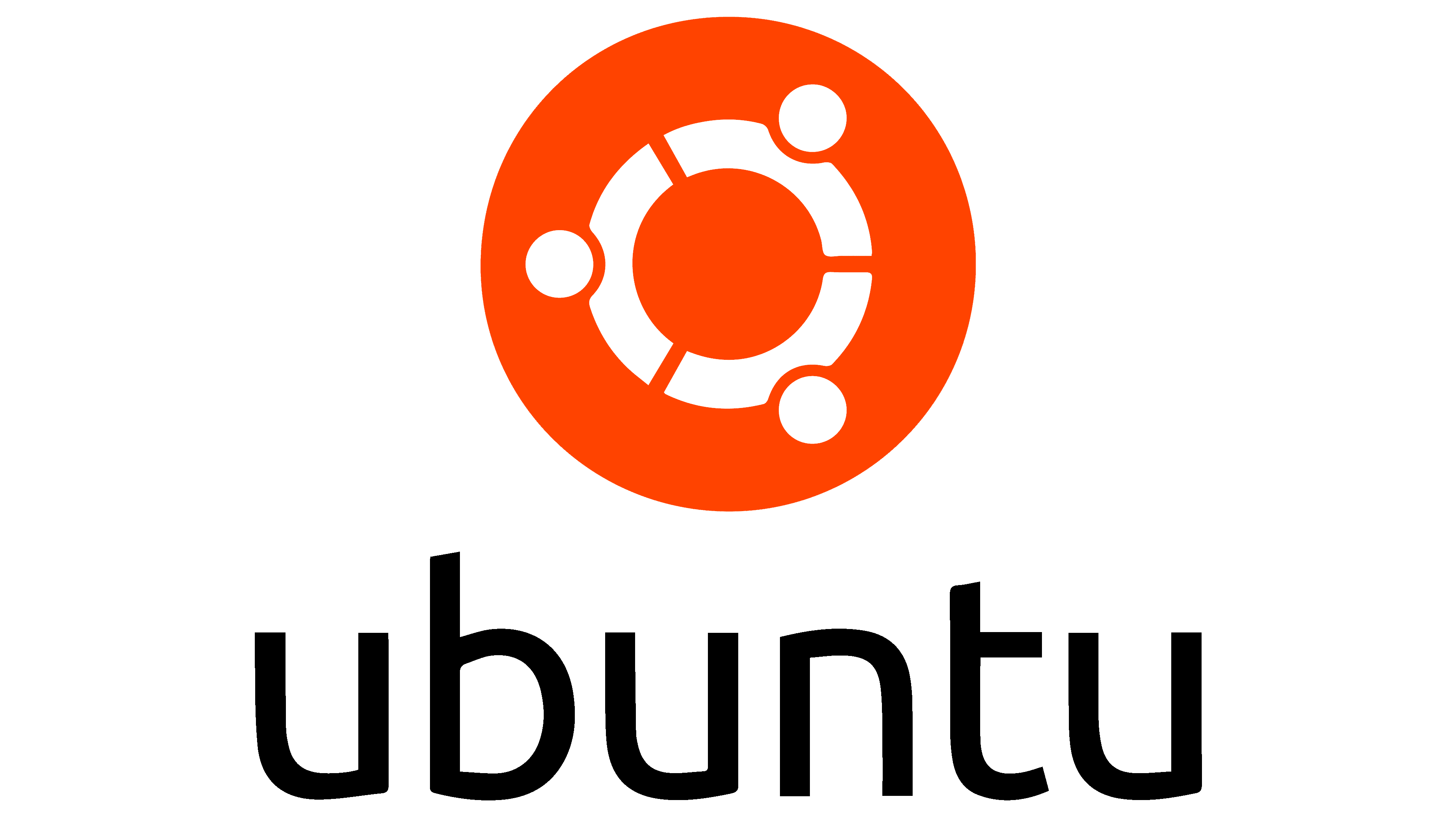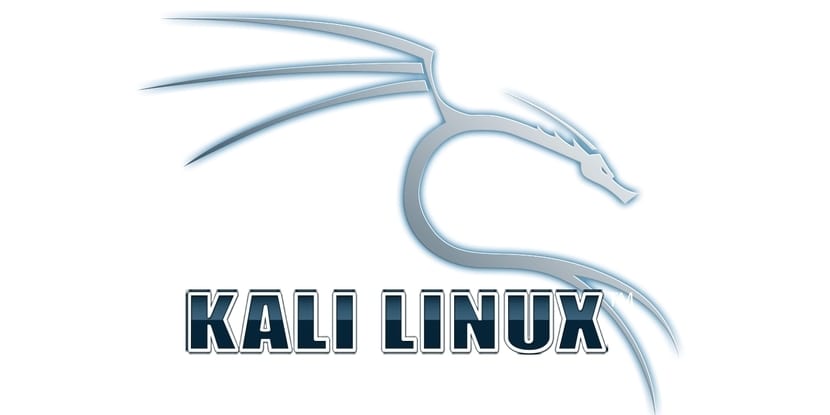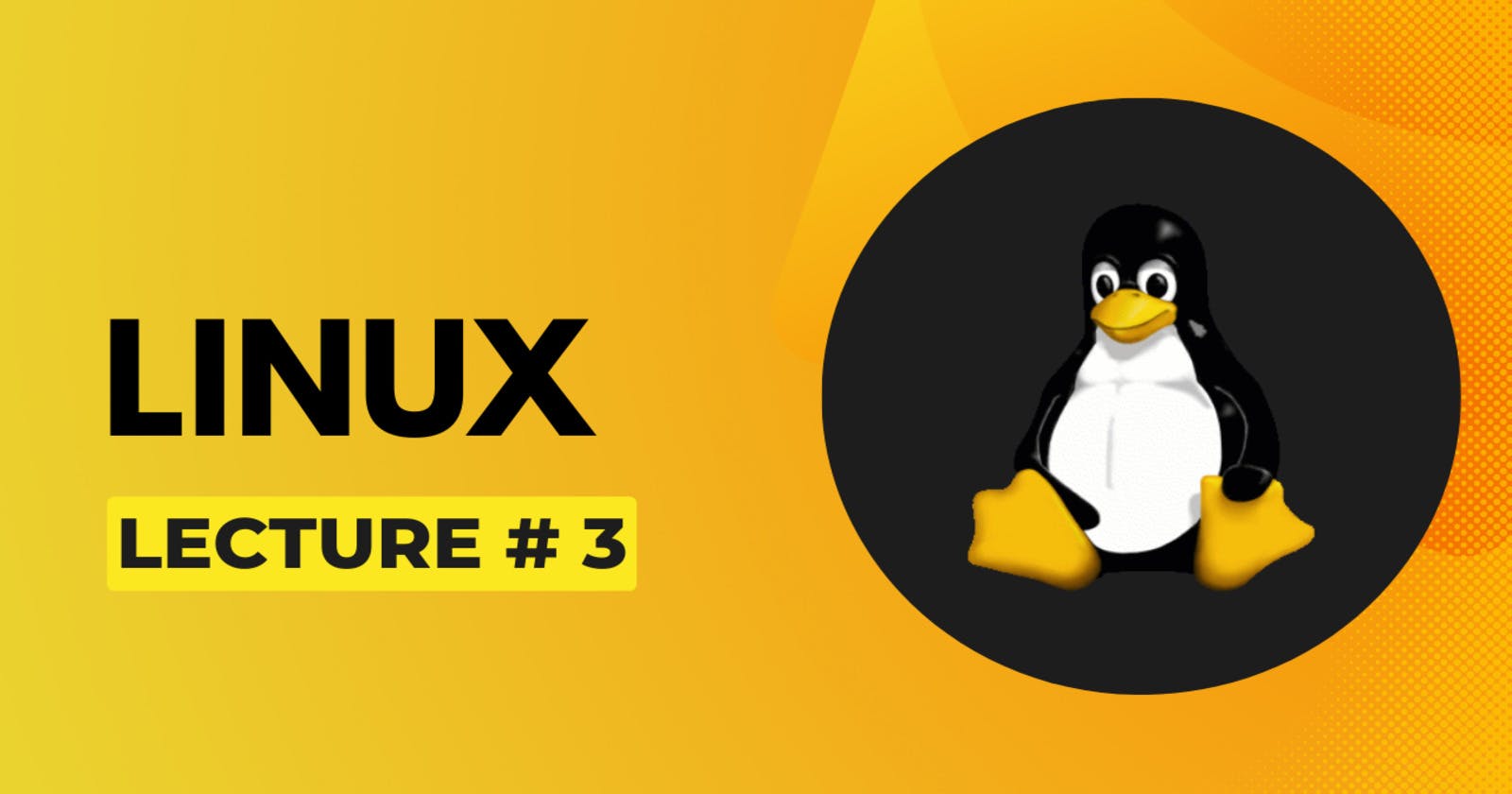Lecture # 3 - Distributions of Linux
Some distributions of Linux: their features and usecases.
Distributions of Linux:
Linux distributions, also known as "distros," are variations of the Linux operating system that package the Linux kernel with additional software and tools to create a complete operating system tailored to specific needs or preferences. There are hundreds of Linux distributions available, each with its own goals, features, and target audience. Some popular Linux distributions include Ubuntu, Fedora, Debian, CentOS, Arch Linux, openSUSE, and Linux Mint, among many others. These distributions cater to various use cases, including desktop computing, server deployments, embedded systems, cybersecurity, and specialized tasks such as gaming or multimedia production.

Ubuntu:
Ubuntu is a widely-used and user-friendly Linux distribution known for its ease of use and extensive software repository. It offers a versatile platform suitable for desktop, server, and cloud computing environments.

Features:
User-Friendly Interface: Ubuntu offers an intuitive and user-friendly desktop environment, making it accessible for both beginners and experienced users.
Extensive Software Repository: Ubuntu provides a vast repository of software packages, ensuring users have access to a wide range of applications for their computing needs.
Long-Term Support (LTS) Releases: Ubuntu offers LTS releases with five years of support, providing stability and reliability for long-term deployments in both desktop and server environments.
Usecases:
Desktop Computing: Ubuntu is commonly used as a user-friendly operating system for desktop and laptop computers, offering a versatile platform for everyday tasks such as web browsing, email, multimedia, and office productivity.
Server Deployments: Ubuntu Server edition is widely deployed in server environments, providing a stable and reliable platform for hosting web servers, database servers, cloud infrastructure, and other server-related tasks.
Cloud Computing: Ubuntu is a popular choice for cloud computing environments, with official support for major cloud platforms like Amazon Web Services (AWS), Microsoft Azure, and Google Cloud Platform (GCP). It offers optimized images and tools for deploying and managing cloud instances, containers, and virtual machines.
Debian:
Debian is a versatile and stable Linux distribution known for its reliability, extensive software repository, and strong community support. It serves as a popular choice for server deployments, desktop computing, and embedded systems, offering a flexible and customizable platform for a wide range of computing environments.

Features:
Stability: Debian is renowned for its stability, with releases undergoing rigorous testing to ensure reliability in production environments.
Extensive Software Repository: Debian offers a vast repository of software packages, providing users with access to thousands of applications and tools.
Community-Driven Development: Debian's development is driven by a diverse community of volunteers and contributors, fostering collaboration and innovation in an open-source ecosystem.
Usecases:
Server Deployments: Debian is widely used as a server operating system for hosting web servers, database servers, email servers, and other network services, thanks to its stability, reliability, and long-term support.
Desktop Computing: Debian offers desktop editions with various desktop environments, providing a user-friendly environment for productivity, multimedia, and software development on desktop and laptop computers.
Embedded Systems and IoT Devices: Debian's portability, compatibility, and support for multiple hardware architectures make it suitable for use in embedded systems and IoT devices, powering a wide range of industrial, automotive, and consumer electronics applications.
Kali Linux:
Kali Linux is a specialized Linux distribution renowned for its extensive collection of pre-installed cybersecurity and penetration testing tools. It is widely used by cybersecurity professionals and ethical hackers for assessing and securing network and system vulnerabilities.

Features:
Penetration Testing Tools: Kali Linux is renowned for its extensive suite of pre-installed penetration testing tools, making it a go-to choice for cybersecurity professionals and ethical hackers.
Forensics and Incident Response: It offers specialized tools for digital forensics and incident response, empowering users to analyze digital evidence, investigate security incidents, and recover valuable data.
Security Focus: Kali Linux prioritizes security, privacy, and anonymity, incorporating features like full disk encryption and anonymizing networks to ensure a secure environment for conducting security assessments and protecting sensitive information.
Usecases:
Ethical Hacking: Kali Linux is utilized by ethical hackers and security researchers to identify and exploit vulnerabilities in systems and applications, helping organizations enhance their security posture by addressing potential weaknesses.
Security Auditing: Kali Linux is employed for auditing the security configurations and practices of networks, servers, and applications, allowing organizations to assess their compliance with industry standards and regulatory requirements.
Anonymity and Privacy Testing: Kali Linux includes tools for testing anonymity and privacy solutions, such as the Tor anonymity network and cryptographic tools, enabling security professionals to evaluate the effectiveness of privacy-enhancing technologies.
